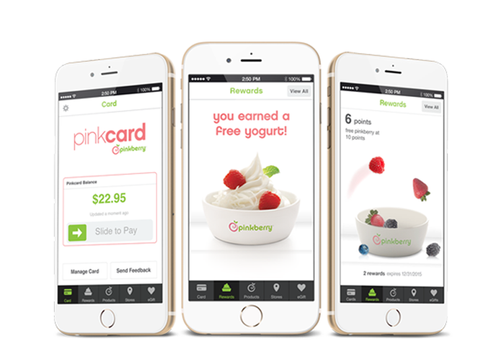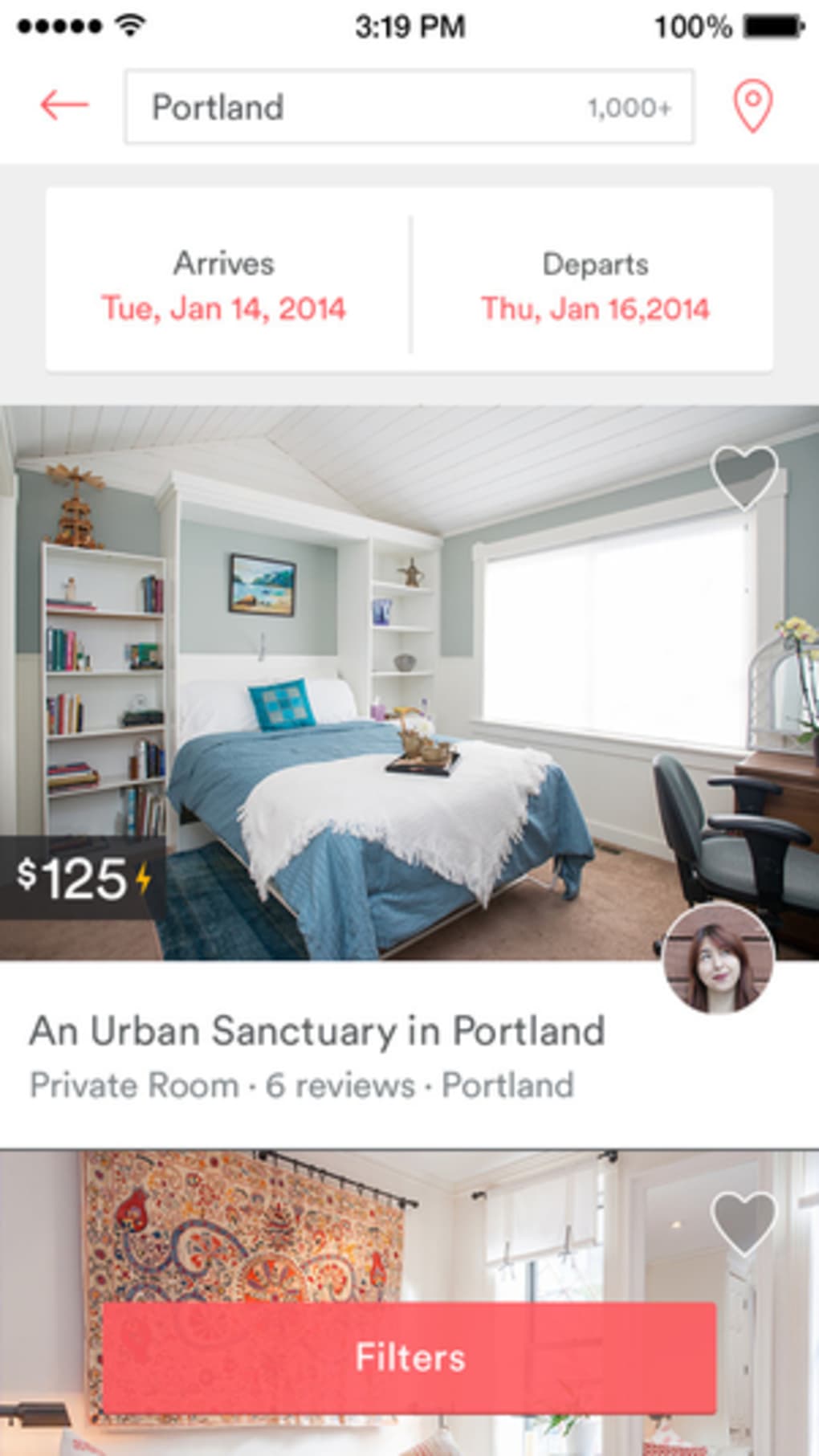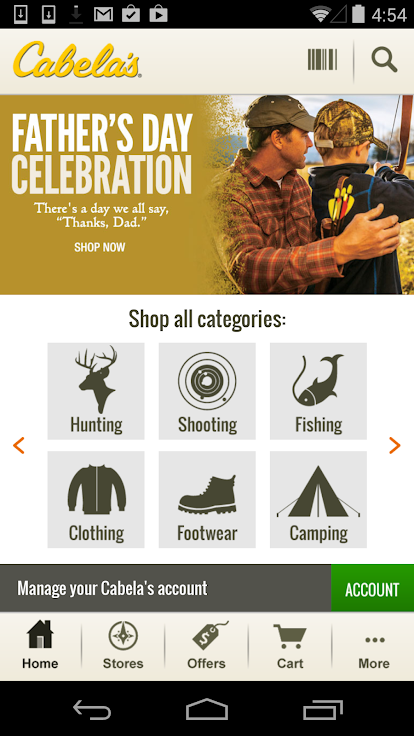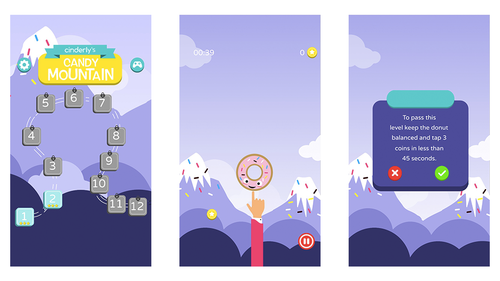Well-designed mobile apps enhance brand visibility, streamline tasks like invoicing and sales, up customer loyalty and boost marketing efforts. But, they can also be a huge waste of money if you don’t have a clear objective, skimp on development and/or fail to maintain the app.
For small businesses and brands targeting millennials, even a basic mobile payment or booking app minimizes the administrative tasks on your end while giving customers a simple, efficient way to do business with you. On the other end of the spectrum are entertainment apps. Although riskier due to the plethora of apps available in stores, they work beautifully for adding depth to your brand image, creating a more robust marketing strategy and increasing customer loyalty.
The question is: Is developing an app worth your time? That depends entirely on your goal.
When it’s worth it, and when it’s not
All businesses can find a way to create a brand-related app. But that doesn’t mean developing and managing an app is worth the time or money.
If your primary motive is reeling in new customers, take a step back and reconsider. Both Apple and Google app stores contain millions of products, and thousands of new ones are added every day. The chances that a potential customer will come across your brand’s product through a basic search is pretty low—between paying to build the app and market it, you’ll be spending way more on customer acquisition than is sustainable.
That said, there are other objectives that make developing an app a good idea.
Elevate your customer loyalty program. If your brand offers a rewards program, a mobile app that tracks points is a good option for increasing sales and promoting loyalty. Between push notifications and sending out discounts for new products, the app will give customers an incentive to buy.

Streamline the booking process. Whether you own a restaurant, run a hair salon or offer landscaping services, app customers are three times more likely to make a booking or reservation than desktop customers. And because apps allow for one-click re-bookings, this strategy increases your current base’s lifetime value.

Offer mobile payments and shopping. Shortening the purchase process is a sure-fire way to increase sales. Overall, small businesses routinely list mobile payments as the most-used, and most-valuable, feature of their apps. With just a few clicks, customers can pay ahead for services, purchase products and settle invoices.

Increase revenue. By 2022, experts estimate that over 258 billion apps will be downloaded in one year alone. For reference, over 128.1 billion apps were downloaded during 2017. With this objective, the goal is to be creative—users want to be entertained and informed, and a well-crafted, moderately-priced app will do just that. All while padding your bank account so your main business has more funds at its disposal. Check out this list of 101 ideas and start brainstorming.

And remember: Even if your app is free, you can still pull in additional revenue with in-app advertising.
Top three ways to get started
There are several ways to build an app: Tackle it yourself with a development tool, hire a freelancer or work with an app development agency.
DIY app development
If you’re looking to create something relatively simple and super low-cost, an app development tool is the way to go. App Inventor for Android and AppMakr are two viable options. Another is BuildFire, which works across multiple mobile platforms and offers a more robust platform.
Hire a freelancer
When you want something more polished or complicated—or you simply don’t have the time to play around with a development tool—a freelancer is a solid choice. Sites like Upwork and Fiverr may be an option, but if you hire the cheapest developer you run a strong risk of ending up with a shoddy product. Toptal and Gigster typically have more experienced freelancers and better review systems. Of course, your network is also a great place to look—if you have people in your circle who’ve successfully created an app, ask for an introduction to their developer.
Work with an agency
Will your mobile app be a big part of your revenue stream or marketing strategy? A development agency is the way to go. Make sure that you’re clear on the parameters and platforms you want the app to support, and look for agencies that specialize in the objective you’re trying to meet. If you want to create a social app for Facebook, look for an agency that focuses on creating Facebook apps. When you want to create a shopping app, choose an agency that specializes in app shops.
Getting your app on customers’ phones
Because app stores’ search algorithms are often clunky (at best), you can’t rely on customers landing on your app and hitting the download button. Promoting via social media and paying for advertising on Facebook or Twitter are great ideas. But, there are plenty of other options to get the word out and the downloads up (yes, you should use more than one).
Leverage your mobile website. If you already have a well-crafted mobile version of your site, promote the app with pop-ups and download buttons.
Cross-promote or dive into influencer marketing. This method is especially useful when you err on the side of entertainment versus function. Ask people in your network to promote the app, pay for a feature in a popular blog related to your industry or hire an influencer to advertise the app on social media.
Add a promotion to your emails. Incorporate a footer in newsletters, shipping notifications and other emails that advertise your app.
Submit your app for review. Sites like Mashable, TechCrunch, Gizmodo and other tech-focused content sites regularly review apps, and they’re always looking for the next best thing. Look for sites that your target audience is most likely to spend time on and submit all the details to see if you get any bites. Most reputable sites have review submission requirements, so read the rules carefully before sending anything in—otherwise, you won’t get a response or a review.
**Building an app isn’t right for every business. But if you take time to come up with an idea that appeals to your target audience, do your research and invest the hours and money necessary to create something worthwhile, it can go a long way toward promoting growth and increasing revenue streams. **




